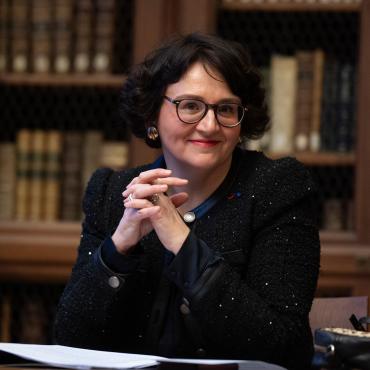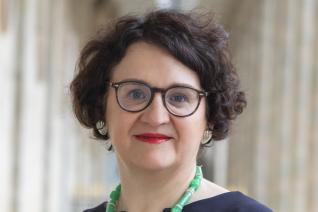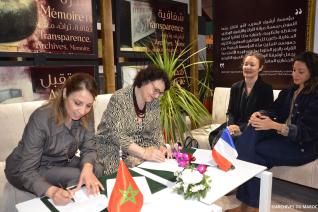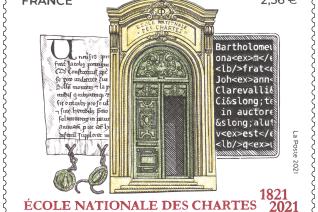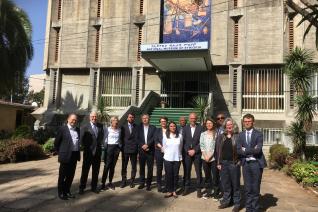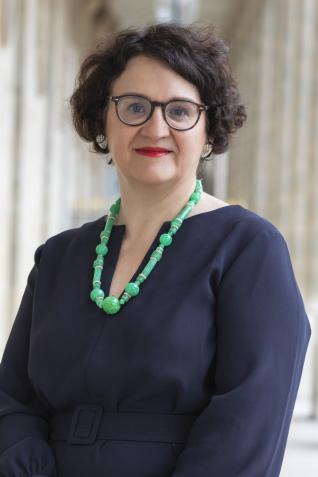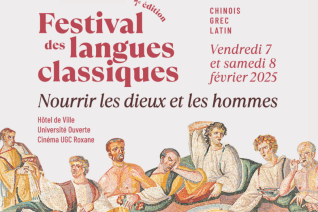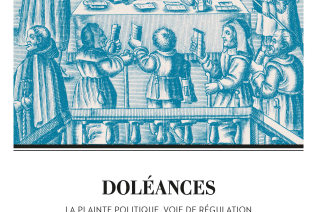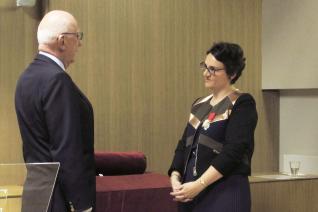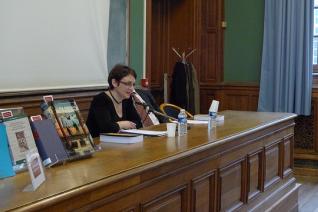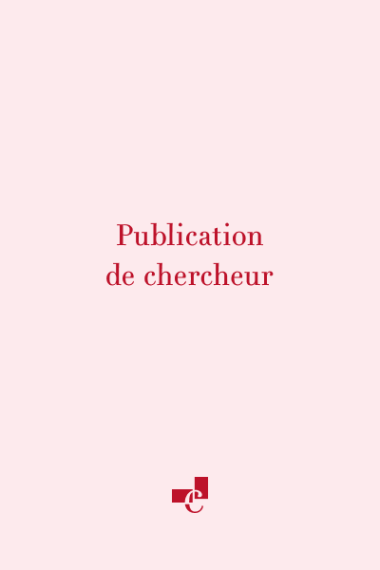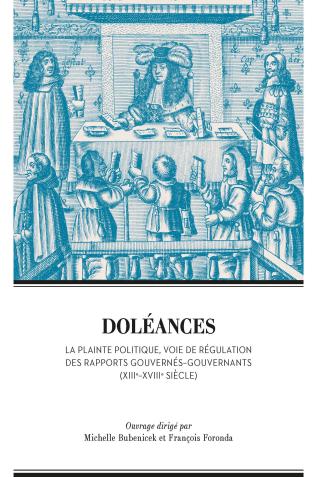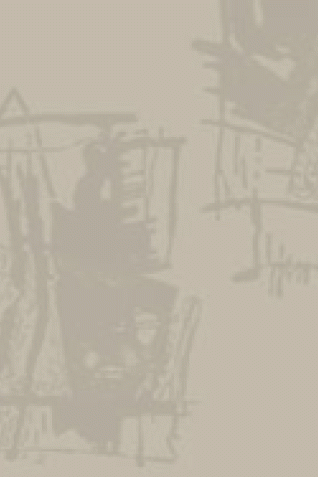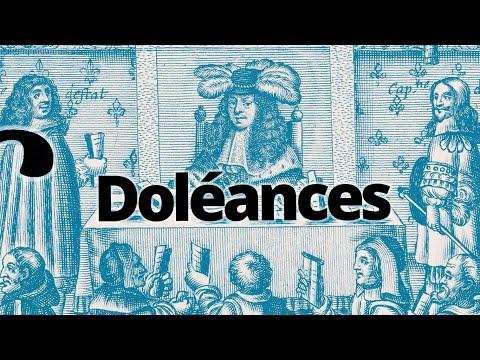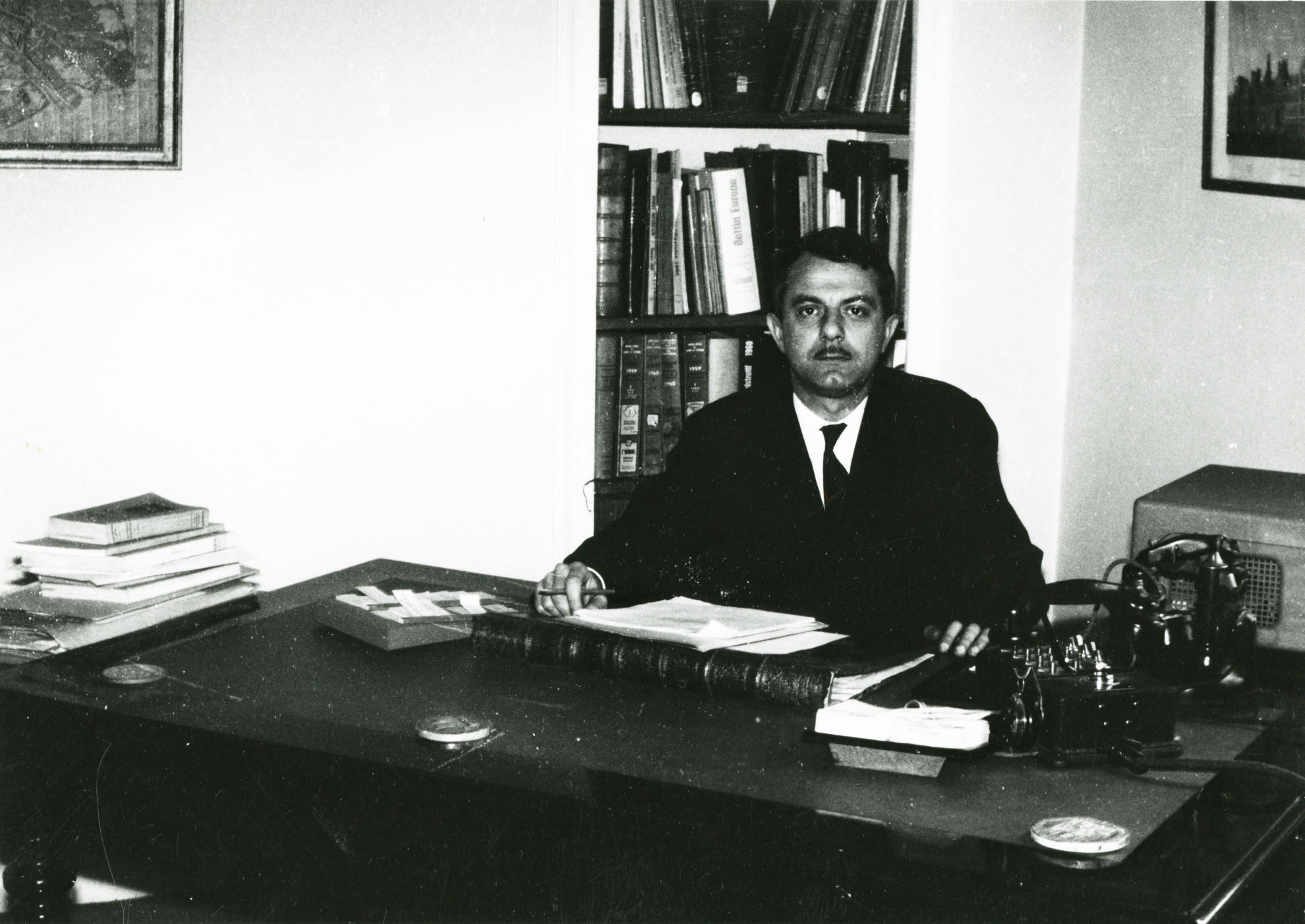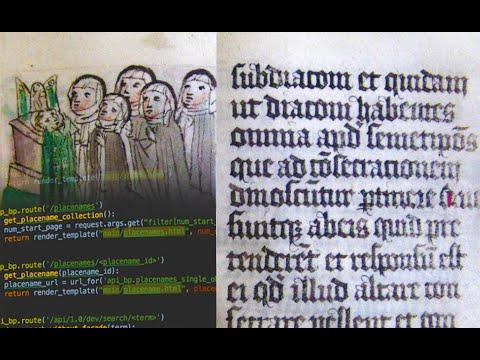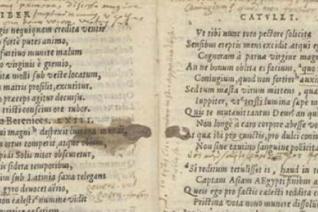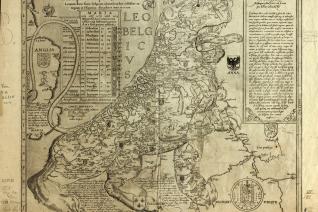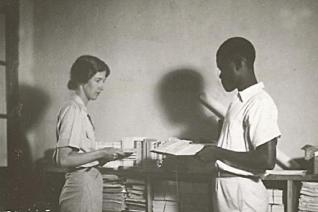Michelle Bubenicek, born in 1971, studied at the École Nationale des Chartes from 1990 to 1994, graduating with a diplôme d’archiviste paléographe at the top of her class. Upon her professional training in archival studies at the École Nationale du Patrimoine (1994-1995), she began her career as an archivist at the headquarters of the Direction des Archives de France, where she coordinated policies for the conservation and restoration policies of archival documents (1995-1999). In 1999, she was elected associate professor in mediaeval history at the University of Franche-Comté (Besançon). Elected to a full professorship at the same university in 2011, she became head of the history department from 2011 to 2013. She has been the director of the École Nationale des Chartes - PSL since 1 September 2016, and elected president of the École Nationale des Chartes - PSL Foundation in December 2023.
A mediaeval historian, Prof. Bubenicek has published extensively on political history, women, and the nobility. Her thesis for the École des Chartes, expanded into a doctoral thesis (Université Paris 1–Panthéon-Sorbonne, 1998), was dedicated to a female ruler, Yolande de Flandre, countess of Bar and lady of Cassel (1326-1395), and appeared in 2002 in the series Mémoires et documents de l’École des chartes. For her habilitation (Université de Paris 1–Panthéon-Sorbonne, 2010), she studied the establishment and the reception of the power of Philip the Bold, first of the Valois dukes of Burgundy, in the Franche-Comté, especially by the nobility of the province. That work was published in the form of two books in 2013 and 2014 : Entre rébellion et obéissance (Geneva, Droz) and Meurtre au donjon (Paris, PUF). From 2011 to 2015, she headed the international research group “Doléances” (Grievances), which led to the publication of Doléances. La plainte politique, voie de régulation des rapports gouvernants-gouvernés (xiiie-xviiie s.) (Paris, École nationale des chartes, 2022). She is currently pursuing investigations into the diverse models and counter-models of state construction in the later Middle Ages (France and the Burgundian state), and into medieval women and their rights.
their news
their chartiste news
their events
Publication(s)
La lèse-majesté, l’exception judiciaire et la construction de l’État, à la fin du Moyen Âge (France-État bourguignon, XIVe s.)
Researcher publication
Chapitre d’ouvrage
- Publishing date: 2022
Discours de femmes sur le pouvoir au féminin, durant l’époque médiévale
Researcher publication
Chapitre d’ouvrage
- Publishing date: 2022
